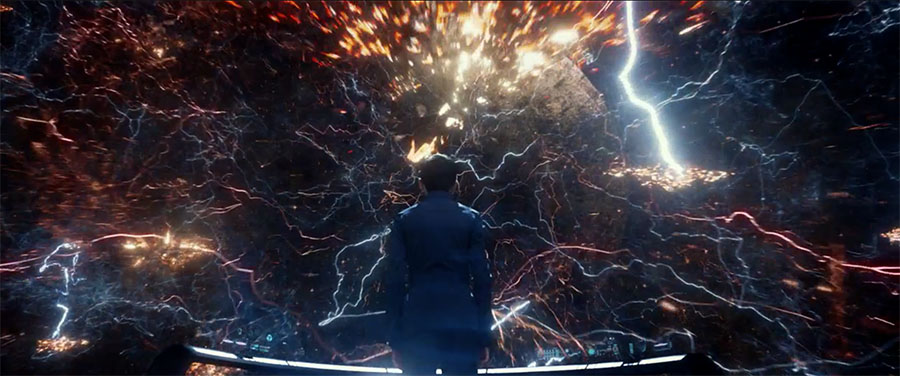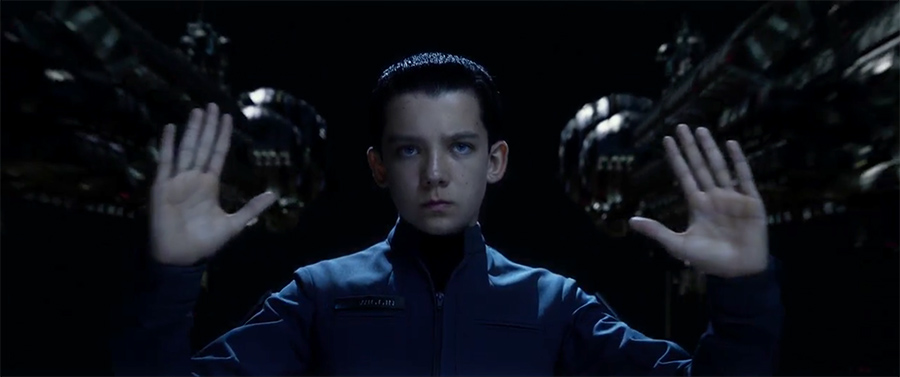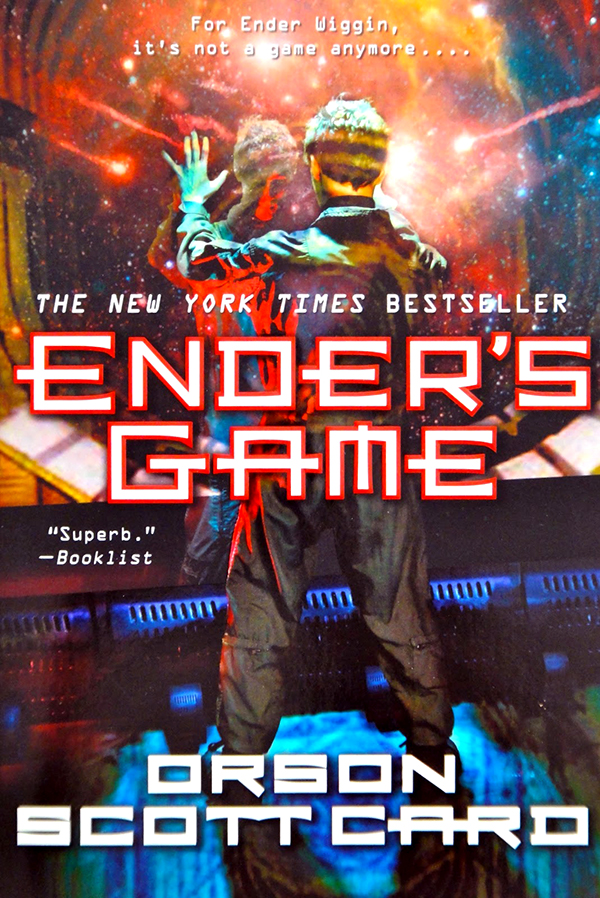Reflections on the basis of Orson Scott Card's book "Ender’s game"
„When I understand my enemy well enough to defeat him, then in that moment, I also love him” - Andrew Ender Wiggin
Who is the title Ender? A small boy who, like other children in his age, wants to experience joy, love, acceptance from the environment. However, it is not given to him. He experiences that every day. Born in a society that controls and condemns the natality as this "extra-one" is the object of ostracism.
He is a brilliant strategist. He gets into the "Interstellar Fleet" program that aims to prepare him for the future role as a commander of the Earth's fleet in conflict with an alien race. It is an honour for the boy but becomes his curse. Ender encounters hostility and isolation with each step. He is different from other brilliant children. Ender combines features of the leadership and the empathy. He is not self-catered. For this reason Ender suffers more but also understands more. He can learn from his mistakes and respects his enemies. While fighting with aliens, he approaches them emotionally. This makes him able to understand the enemy. It gives him an advantage. To understand means to foresee, react and win. Understanding - it's also an ability to forgive.
The enemy teaches us. Teaches humility, understanding for being different. Thanks to them, we develop and evolve. We do everything to defeat them. When we finally do, the emptiness begins.
In the story it turns out that the bigger enemy from those with the boy has to fight, are the people who prepare him for the fight. During a combat training Ender does not realize how far the manipulation goes. His mental strength is tested by providing controlled stimuli. The main thing is to create a feeling that he is always alone and must be able to handle in all circumstances without any help. The boy faces challenges over and over. He finally collapses when discovers how far the mystification it which he was involved had gone and when he finds out that he unknowingly became an instrument of extermination of the whole race.
Ender goes through the completed road: from destruction through understanding to forgiveness and finally - creation. The name “Ender” is symbolic. It means "this who ends, finalises". The end is also the beginning. In this case Ender decides to recreate the civilization destroyed by him. The enemy effectively turns out not to be the enemy. There is a chance to correct mistakes. It means a new beginning, aware actions arising from cooperation and understanding of not achieving somebody else’s goals and ambitions.

"Ender's Game" directed by Gavin Hood, 2013 - the end of "exercises", the moment of Formics’ extermination.
The theme of the story seems banal. There are good characters – Earthmen and bad ones Formics. They fight each other. The good ones win. But for sure?
It is something else. In fact, there are no good nor bad here. Dualism. Nobody is really good, and not altogether bad. Actually the main enemy is a lack of understanding and resulting consequences. Thinking that we have knowledge, we try to influence others. When they do not share our views, we destroy them. It does not matter that the story happens in the future, in space or here and now. The problem is universal, timeless. It leads to questions - who really is the enemy and do I need it?
I do, because looking at life only at one angle does not give a complete picture. According to the words of the Dalai Lama XIV: "Only in relation to these who wish us pain - enemies - we can really foster the highest virtue - patience. The enemy is absolutely necessary for us. Without patience you will not be able to develop true love and compassion inside because you become subject of irritation.".[1]
Our enemy is our strength.
So:
„When I understand my enemy well enough to defeat him, then in that moment, I also love him” - A. E. Wiggin.
Let's love our enemies because they are our best teachers.

"Ender's Game," directed by Gavin Hood, 2013 – the star fleet commanding final exam
To understand better the nature of harmony, the way to light and the essence of true love, I recommend the Dalai Lama's thoughts in the book “How to Love: Widening the Circle of Loving Relationships Hardcover”.

Non-trivial, multifaceted, philosophical SF that has a chastening effect on you:

[1] “How to Love: Widening the Circle of Loving Relationships Hardcover”, 2005, by Dalai Lama XIV (Author), Jeffrey Hopkins (Translator); translation from Polish version title„Krąg miłości. Droga do osiągnięcia jedności ze światem Dalajlamy”, Wydawnictwo Helion 2008 rok, str. 78
